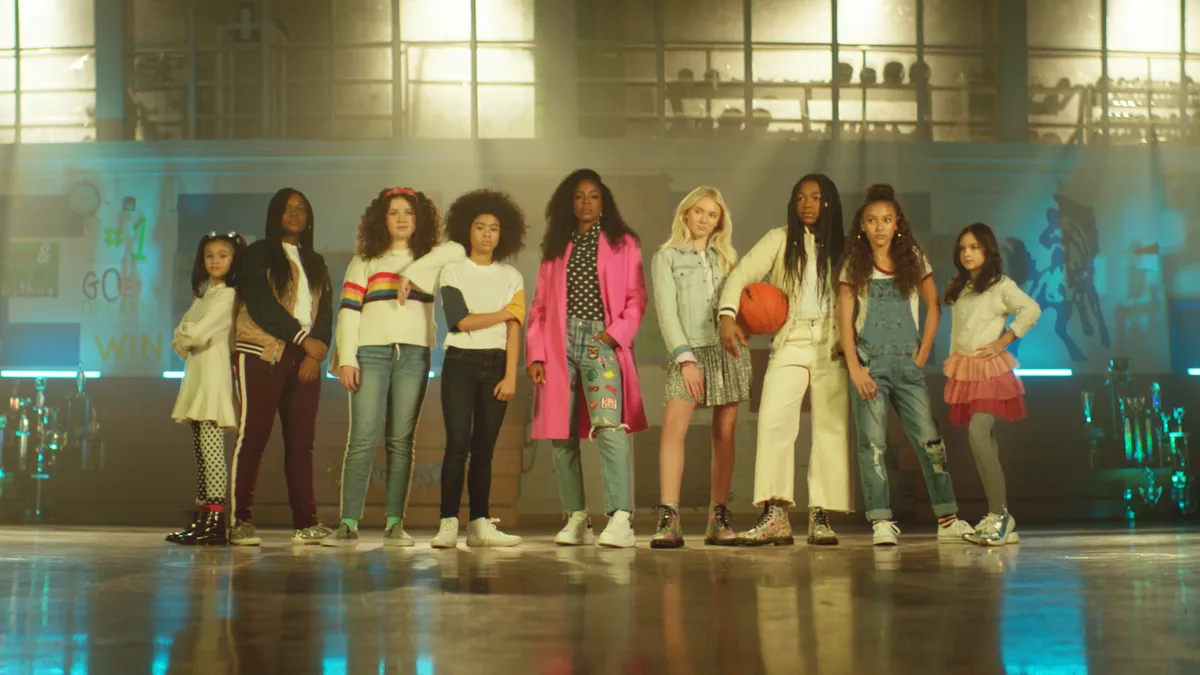Dive Brief:
- Two-thirds of Gen Z consumers said their impression of a brand is positively impacted by its association with a social cause and 58% report such an association could spur a purchase, according to a new study from consulting firm DoSomething Strategic.
- However, the report also found that only 12% of these consumers have a "top of mind" association between brands they know and a social cause. Aiding awareness by providing a list of social causes to survey takers brought cause association up to 24%.
- The brands with the highest correlation to a social cause were Savage & Fenty, Dove, Fenty Beauty and Nike, while Loft, StitchFix, Coach and DSW had the lowest. The report sampled 1,908 DoSomething.org members in the U.S. aged 13-25 about their awareness of 88 consumer brands' support of causes.
Dive Insight:
While the report joins a growing body of research that suggests association with a social cause can work for a brand, it also points out that these efforts may not be breaking through with Gen Z consumers. This could be because these consumers have a different attitude towards what constitutes "authenticity" than older generations, Meredith Ferguson, managing director of DoSomething Strategic, said in a statement about the report. Marketers should loudly broadcast their support and shouldn't be worried about a cause not being closely associated with what a brand sells — any cause can work as long as the brand's support is consistent across the organization.
To strengthen their identification with social causes, the report recommends marketers look for unique angles. The study points out that Savage x Fenty takes the body positivity positioning common with undergarment makers a step further by emphasizing diverse models and products that appeal to women of different skin colors and body sizes. A third of respondents link the brand with racial justice and equality.
Another strategy for breaking through with Gen Z is to stayed focused on one cause, something Dove has done since 2004 with a commitment to body positivity and self-esteem. This singular focus is one reason why 53% of respondents to the DoSomething survey associate Dove with body positivity.
The report also suggests that brands not be afraid to court controversy. For example, Patagonia — which has consistently waded into controversial territory with campaigns "The President Stole Your Land" and its endorsement of political candidates in its brand marketing — received the most consistent unaided association with a cause, in this case the environment.
While the report's questioning of nearly 2,000 U.S. consumers can be considered a healthy-sized sample, the respondents were all members of DoSomething.org, a global organization for young people and social impact. This means that the results are skewed toward consumers who are already predisposed to consider brands' attitudes toward social causes.
Other studies with general consumer samples have indicated that cause-related marketing can have a substantial positive effect on a brand. A 2017 study by Cone Communications, for instance, found that 87% of consumers would purchase a product if the brand advocated an issue that resonated with the consumer. A 2018 survey from SAP found that 63% of consumers preferred buying holiday gifts from brands supporting social causes, and a 2018 report from social platform Sprout Social said 66% of consumers want brands to take public stands on issues.














